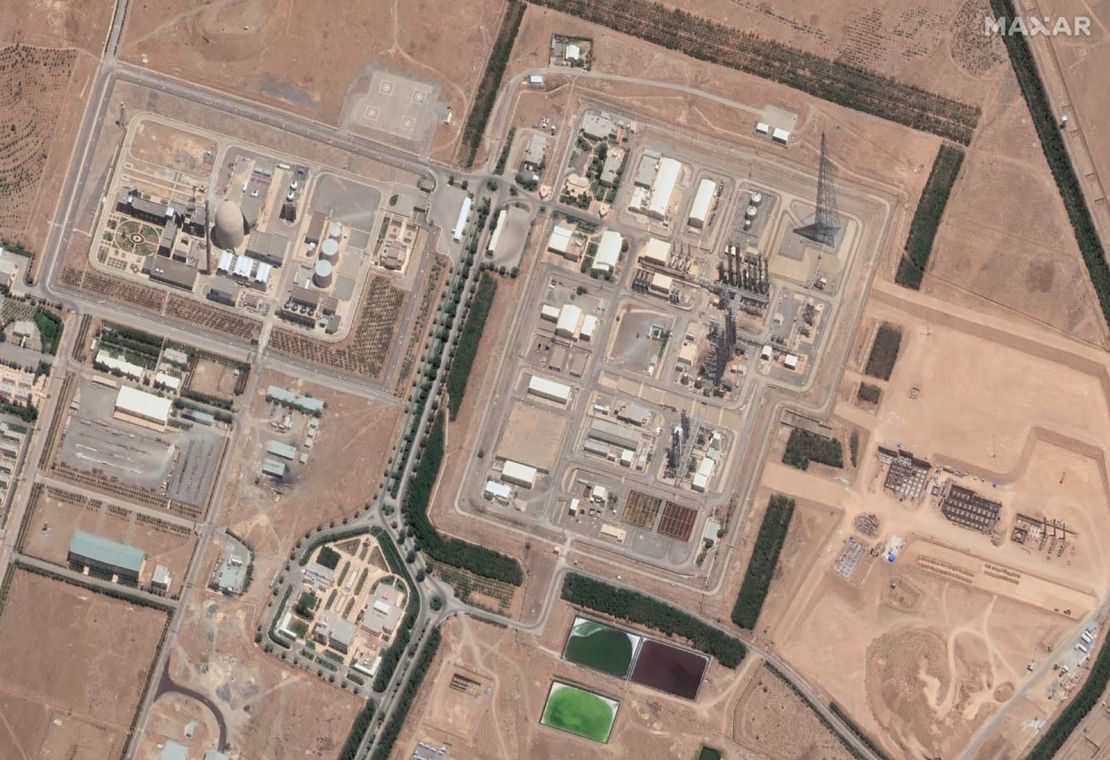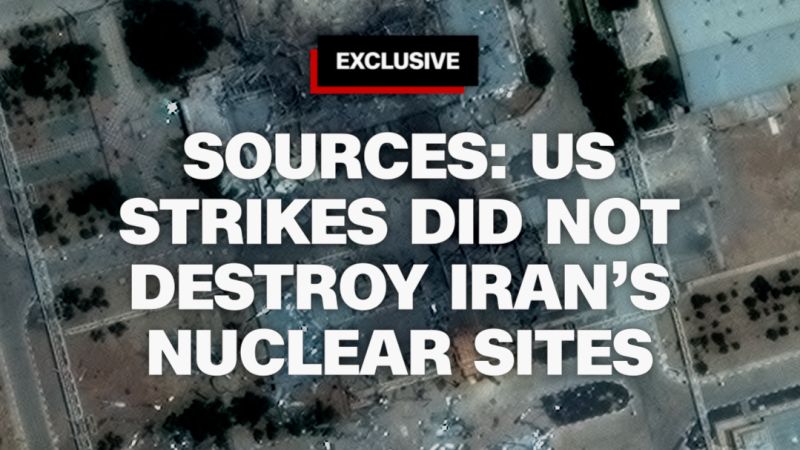The recent U.S. military strikes on Iran’s nuclear sites have ignited a firestorm of debate, revealing a stark discrepancy between the Trump administration"s portrayal of success and the reality on the ground. Intercepted communications among senior Iranian officials disclosed that the attacks were less devastating than anticipated, contradicting President Trump’s claims of complete destruction. This revelation showcases not only the limits of military intervention but also the dangers of relying on force rather than diplomacy in international relations.
Trump"s Claims Meet Reality
While President Trump boasted that the strikes "completely and totally obliterated" Iran’s nuclear capabilities, the reality, as the intercepted communications suggest, is far more complex. According to reports, Iranian officials speculated on the limited impact of the strikes, indicating that key facilities remained intact. This raises critical questions about the efficacy of military solutions to diplomatic issues.
Intelligence Analysis Shows Limited Impact
U.S. intelligence officials have confirmed the use of significant firepower during the strikes, including bunker buster bombs and Tomahawk missiles, aimed at crippling Iran’s nuclear infrastructure. However, analysts argue that while physical damage was inflicted, the ability of Iran to rebuild its program may not be as severely hindered as Trump suggests. As noted by Senator Chris Murphy, "You cannot bomb knowledge out of existence." The essential skill set and materials necessary for Iran to advance its nuclear ambitions may still be operational despite the physical destruction.

Israel attacked three key Iranian nuclear facilities. Did it ...
Military Action Undermines Diplomatic Efforts
The decision to launch these strikes has drawn sharp criticism from various sectors, particularly regarding its impact on potential diplomatic resolutions. Critics argue that military action has effectively scuttled any remaining opportunities for negotiation, pushing Iran closer toward a nuclear weapon as a means of defense against perceived threats from the U.S. and its allies. The situation underscores the pressing need for a diplomatic framework that prioritizes dialogue over aggression, as military solutions tend to exacerbate tensions rather than resolve them.
Domestic Political Fallout
The fallout from the strikes has also stirred political unrest within the U.S., with lawmakers divided on the issue. The Trump administration’s attempts to paint the strikes as a resounding success have been met with skepticism. The Defense Intelligence Agency’s preliminary assessment, which points to some of Iran"s nuclear capabilities remaining intact, contradicts Trump’s narrative and raises concerns about the integrity of the information being presented to Congress and the public.

US strikes on Iran did not destroy nuclear sites, sources say | CNN
The Path Forward Remains Uncertain
As the dust settles, the international community watches closely. Iranian Foreign Minister Abbas Araghchi has dismissed the notion of upcoming diplomatic meetings with the U.S., emphasizing the need to reassess the country’s nuclear strategy in light of the strikes. Meanwhile, Ayatollah Ali Khamenei has publicly stated that the impact of the attacks was exaggerated. This ongoing tension highlights the precarious nature of international relations in the region and the urgent need for a coordinated approach to nuclear non-proliferation that emphasizes diplomacy over military might.


![[Video] Heavy clashes and gunfire reported in Baghdad, Iraq](/_next/image?url=%2Fapi%2Fimage%2Fthumbnails%2Fthumbnail-1768342239932-848qsh-thumbnail.jpg&w=3840&q=75)




![[Video] Gunfire between Iraqi security forces and Sadr militias in Baghdad](/_next/image?url=%2Fapi%2Fimage%2Fthumbnails%2Fthumbnail-1768343508874-4redb-thumbnail.jpg&w=3840&q=75)
